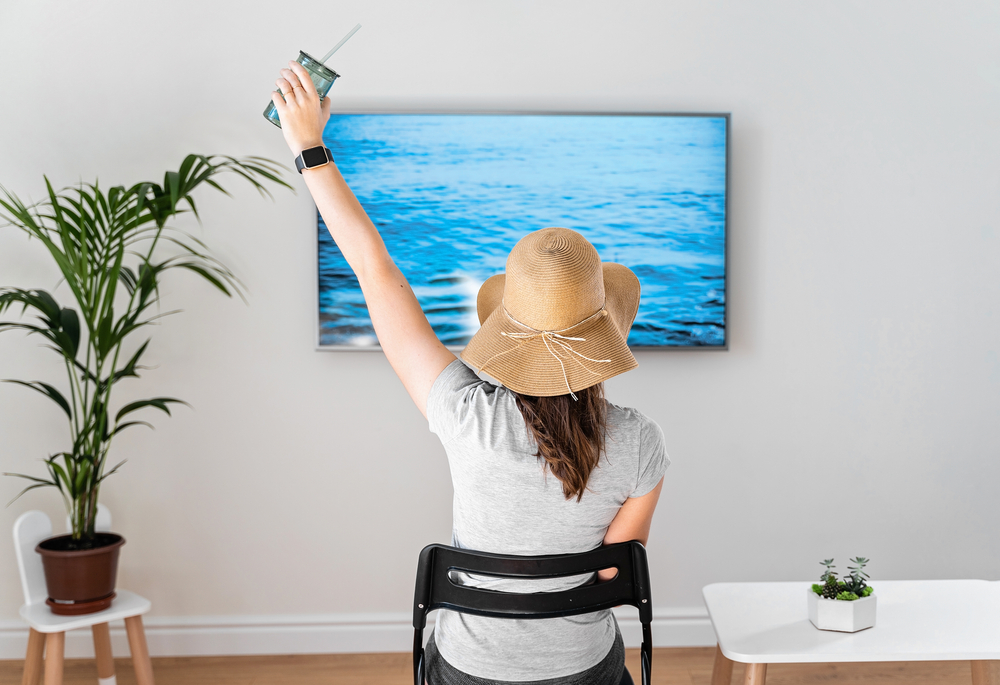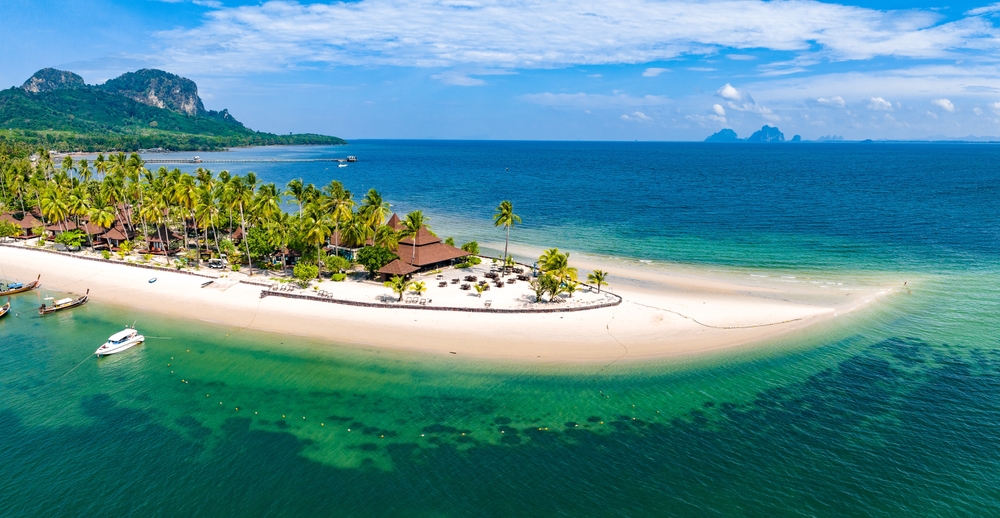Take some needed time off to rejuvenate by doing fun activities at home
Finances, the temperature outside or work hours are all examples of restraints that keep you away from traveling on a relaxing or adventurous vacation. However, did you know that you can still unwind and have fun at home?
Staycations, or taking a vacation at home, are great for when travel isn’t an option. Explore your local surroundings, spend quality time with loved ones and just take some time off. You deserve it.
Staycation ideas
1. Try some new foods
If you love food, there are lots of different activities to do. You could walk to different restaurants and eateries to eat known favorites or try new food. This could be spiced up by going out to a different place for appetizers, entrees and desserts!
If baking or cooking food from home is more your style, consider looking at new recipes and make a day out of eating and sharing all of the new things you make.
2. Go ‘camping’ or make a fort
You and your friends can camp right in your own backyard! Set up some comfy pillows, blankets, warm up some marshmallows in the oven for s’mores and look at the stars. If it is too chilly, or staying outside isn’t your thing, make a fort inside!
Pull up chairs and use the couch to drape blankets and sheets for some cover. Feel free to decorate the space with pillows, more blankets, lights and maybe pull in the TV for watching shows.
3. Walk to local sites
Not everything needs to be inside. Staycations can include walking or making a small trip to places in your local area. If you’re with kids, try heading to the park or going on a small hike. If with an older group, or by yourself, go see some museums, attend a class or do a service activity.
4. Get into fitness
Not everyone is into fitness, and that’s okay. A staycation is supposed to be a time where you do things you enjoy. However, if you do like fitness, feel free to work out! Whether it is attending a local class, new or familiar, or finding a video at home, getting moving might make your staycation that much better.
5. Have a spa day
Get into a steaming shower, paint your nails or put on a face mask. Taking care of yourself can help you feel physically and mentally better. Spa days can be as long or as short as you want.
6. Start a movie night
Make watching a movie a bigger deal. After setting up a comfortable space, get some food, drinks and popcorn to snack on. To take it up an extra notch, set up themed movie snacks. If the show involves the ocean, cook up some fish or add a side of Swedish Fish candies.
7. Do a paint night
Get some paper, pens, colored pencils, paint or even crayons to have a little fun at home. If you’re not sure what to paint, follow video tutorials to get moving. There are also usually local art classes that offer paint nights for yourself or with a date.
Staycation tips
Whether it’s with a group or by yourself, it may help to prepare or come up with rules for your upcoming staycation. Here is a compiled list of different ideas you could choose from.
- No phones allowed: Taking time away from social media, work messages and other apps gives you time and space to relax. You are on vacation and focused on the present moment.
- Set up a space in advance: Complete chores and decorate. When you’re on vacation, everything is set up for you when you arrive. It can be nice not to have to worry about getting stuff done or doing work when the vacation starts. Want room service? Set up a time for a food delivery for the next day or prep some food before you go to bed.
- Figure out what you, or others, need: A staycation will be useful if it actually relates to your needs. Have you been tired recently? Maybe planning some time for extra sleep or a spa day would help. Did your friend just go through a breakup? Maybe they need time to rant and watch some comedy.
- Recreate what you love about travel: Figure out what kind of experiences, feelings and changes you are looking for when you travel. Do you like to explore new cultures? It might be good to get or prepare foods from other parts of the world. Does your family like to be in nature? Maybe there is a local park by your house.
- Look forward to the staycation and reminisce about it after: Anticipation reduces stress and helps to excite you for the upcoming “trip.” Take some time to write down or take pictures of things you particularly enjoyed during the staycation. Hopefully that joy and relaxation will last beyond the vacation days.
Whatever you choose, make sure to have fun, relax and create some fun memories.



